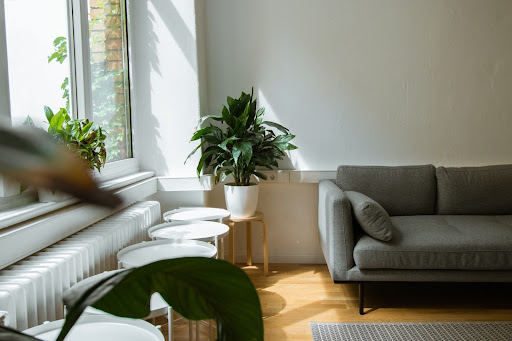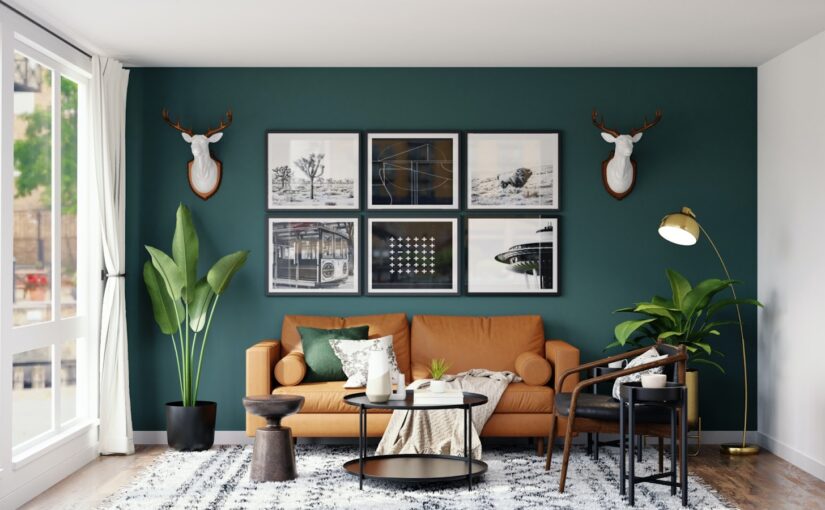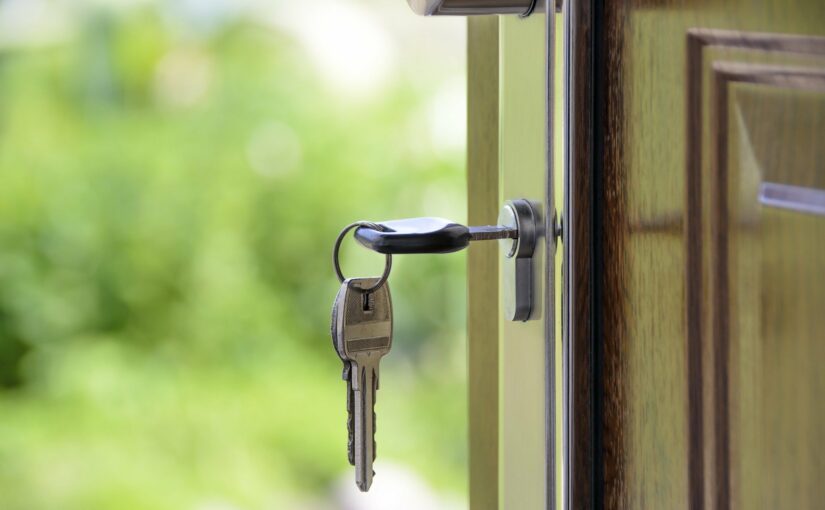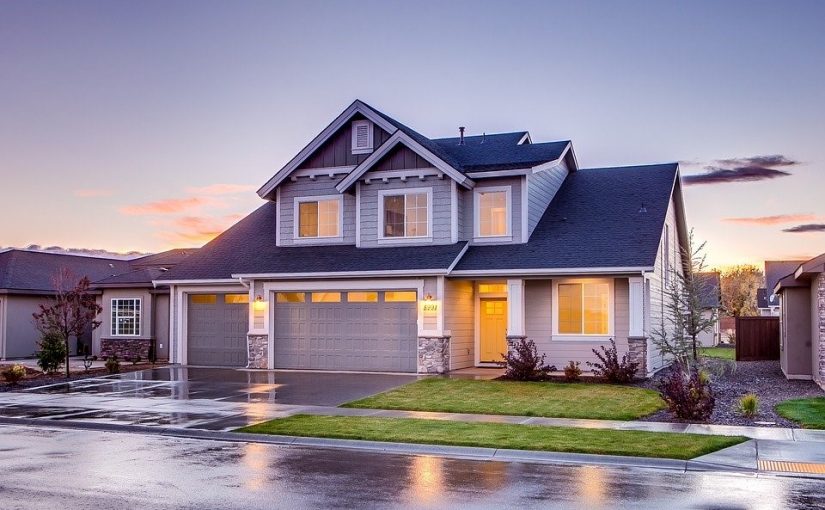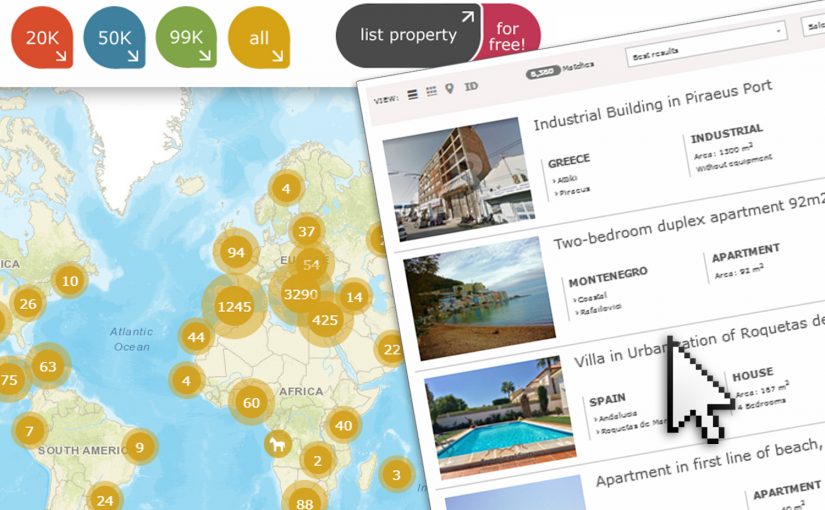Stepping into the role of a landlord for the first time can be both exciting and daunting. It marks the beginning of a journey filled with opportunities, responsibilities, and learning experiences. As a first-time landlord, you’re not just investing in property, but you’re also embarking on a venture that requires careful planning, understanding of legal obligations, and an ability to manage relationships with tenants. This article aims to guide you through the key considerations to keep in mind as you navigate this new venture.
Understanding Legal Responsibilities
One of the first and most crucial steps for any first-time landlord is to gain a thorough understanding of the legal responsibilities involved. Being a landlord isn’t just about collecting rent; it involves adhering to various laws and regulations that govern rental properties. In the UK, this includes ensuring that your property meets certain safety standards, such as having up-to-date gas safety certificates and ensuring that all electrical installations are safe.
It’s also important to familiarise yourself with the rules surrounding tenancy agreements, deposits, and eviction procedures. Missteps in these areas can lead to significant legal problems. For instance, if you fail to protect a tenant’s deposit in a government-approved scheme, you could be liable for a fine. Similarly, not following the correct eviction process can result in legal action against you. Therefore, a comprehensive understanding of your legal obligations is paramount.
Selecting the Right Tenants
Selecting the right tenant is vital for the smooth running of your rental property. It’s about finding individuals who will pay their rent on time, maintain the property well, and adhere to the terms of their lease. Conducting thorough background checks, including credit checks, references from previous landlords, and employment verification, can help in making informed decisions.
Developing a set of criteria for your ideal tenant is a good practice. However, ensure that these criteria comply with fair housing laws to avoid any form of discrimination. While it’s important to be thorough, remember to respect the privacy and rights of prospective tenants during this process.
Handling Property Disputes
Disagreements or disputes between landlords and tenants are not uncommon and can arise over issues such as rent, repairs, or deposit returns. Being prepared to handle such situations professionally is essential. Firstly, ensure clear communication from the outset, setting the right expectations and providing tenants with all the necessary information about the property.
If a dispute does arise, try to resolve it amicably through open and honest dialogue. Sometimes, a simple conversation can clear up misunderstandings. However, if the dispute escalates, it may be necessary to seek legal advice. Experts like Property Disputes offer valuable guidance and support to landlords facing legal challenges with their properties. They can help navigate the complexities of property law, ensuring that you handle disputes in a fair and lawful manner.
Property Maintenance and Repairs
Maintaining your property in a good state of repair is not just a legal requirement but also a key to keeping tenants happy and retaining them longer. Regular maintenance can prevent small issues from becoming major problems and can save money in the long run. This includes routine tasks like servicing the boiler, checking smoke alarms, and dealing with wear and tear.
When it comes to repairs, responsiveness is crucial. A good landlord addresses repair requests promptly, which not only complies with your legal obligations but also builds a positive relationship with your tenants. It’s wise to have a network of reliable tradespeople who can handle various maintenance tasks efficiently.
Author: Ryan Byrne


